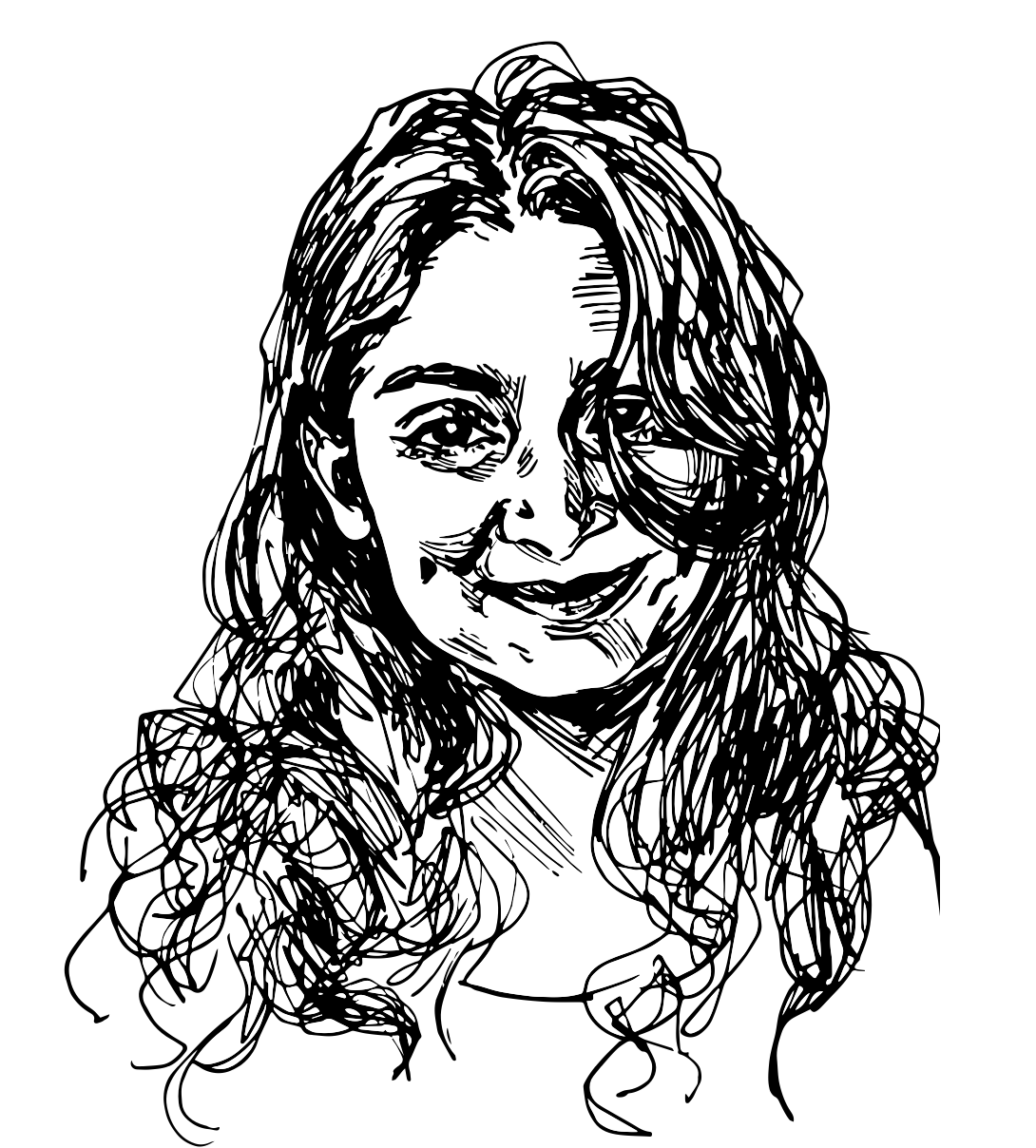
Thisbe Wu
“The Afterword” is born from scribbles buried between cracked book spines, from the creased corner of a well-thumbed novel. Through this coming-of-age column, I hope to use the literary bildungsroman to make sense of my real-life experience of growing up — and to write the afterword on the texts I most treasure.
*
It is the middle of the 14th century and the Medieval world shivers with the chilling ache of delirium. Towns empty themselves of their inhabitants: breath has long since evaporated off once-fogged windows; seats around the family table sit successively unwarmed. In a time of fearful embraces, the cradle is the coffin; every breath is an affirmation of life, or the pathology of death.
It is in the height of the Black Death that Petrarch writes his first collection of letters: epistolae familiares, or Familiar Letters. “What ever are we to do now?” he asks in its preface.
It is now the middle of the 21st century — and his question lingers upon the air, its syllables choking unanswered. For aloneness is that eternal quandary of the human condition, mammoth enough to meld miles and minutes and hollow enough to echo.
*
I remember saying goodbye to my parents on the corner of Broadway on a sticky August afternoon. It was the hour before sunset and Yale was Midas-touched in that golden glow that undermines the most skillful pen attempting to write it. Groups crowded around Sterling in haphazard huddles memorialized in photo albums; blue t-shirts freshly folded in the bookstore only hours before now proudly dotted campus; the occasional suitcase struggled noisily over Yale’s cobblestone streets.
Don’t look back and wave, my mum told me, standing outside the now-closed Patagonia. But as my parents occupied my blind spot, I wondered if they’d wanted me to. What did people do in the movies? Did they look back and wave? Did I? I walked up to my new home on Prospect Street in the chilling ache of freshmen delirium, my first set of keys jingling in my front pocket.
College is the abandonment of abandonments, the most unexpected yanking of the rug from under your feet. It is, at once, Sartre’s délaissement and Heidegger’s Geworfenheit, a state of being thrown into the world, with nothing but a blue lanyard dangling from your neck.
What ever are we to do?
In the frenzy of my first semester at Yale, I remember waking up blurry-eyed, expecting my childhood room to draw itself into clarity. I remember soft chatter slipping under my bedroom door every other Sunday, when my suitemates’ parents would drive up to drop off a cushion or deliver a forgotten spring coat. It would be months before I existed in the same time-zone as my parents, before our clocks ticked in unison, before it felt like our relationship didn’t teeter on a tenuous phone line.
And still, as I made new friends and built a new vocabulary with them, I remember realizing that when all the collective nouns we were raised on ceased to exist, when the fullest introductions ran eighteen chapters dry, we were all peculiarly alone. That distance could be as much psychological as physical. We were all bereft of our belonging; no one’s, yet everyone’s. Paddington Bears in the lost property office of a London train station, wanting only a place to call home — and maybe a jar of marmalade.
In the lengthiest salad lines, at idle crosswalks, over the thrumming bass at parties, I realized that we could be — or not be. And that the anguish of “abandonment” could hold out a bigger promise: to write, with reckless “abandon”.
And what ever were we to do?
*
It is the 14th century again, and Petrarch apostrophizes his “brother”, Socrates.
“Alas, we have tried almost everything,” he laments, “and no rest is in sight.”
It is in the height of the Black Death that Petrarch gathers his letters. The streets bear only the faint memory of footsteps; estates run ruined by the mortgage of tumbleweed; the dead must be buried two-and-a-half arm-lengths deep. And Petrarch gathers his letters and files them into a collection.
For when abandonment is a “horrible and vast solitude encompassing the whole world”, the lingual abyss between words is the only space capacious enough to carry our aloneness. And so, in the glaring eye of the wreckage, we write.







